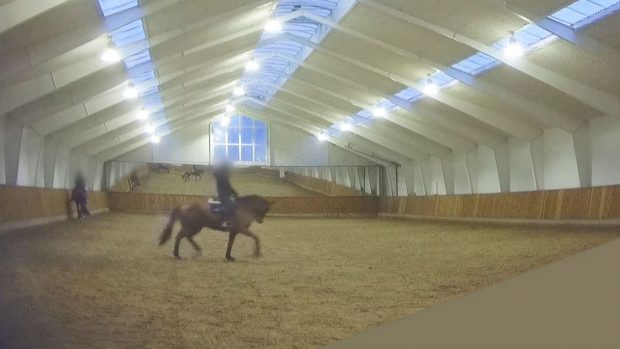The dressage training method rollkür “does not adversely affect the welfare of the horse”, provided an experienced and knowledgeable rider uses care, according to a new scientific study.
The use of rollkür — riding low and deep/overbent or in hyperextension — has been in the spotlight since last summer, when an article in German horse magazine St Georg suggested it harmed horses.
The new study, conducted by Dr Marianne Sloet of Utrecht University in the Netherlands, measured workload (heartrate and blood lactate concentration) and stress (glucose and hormone concentrations).
It admits to caveats, though — the horses used were good-quality riding school types ridden by a national level rider, rather than elite dressage partnerships. In the study, rollkür was achieved by using a draw rein.
“Further study of elite dressage horses may provide more information about the workload and stress of ‘real rollkür’,” admits the study.


